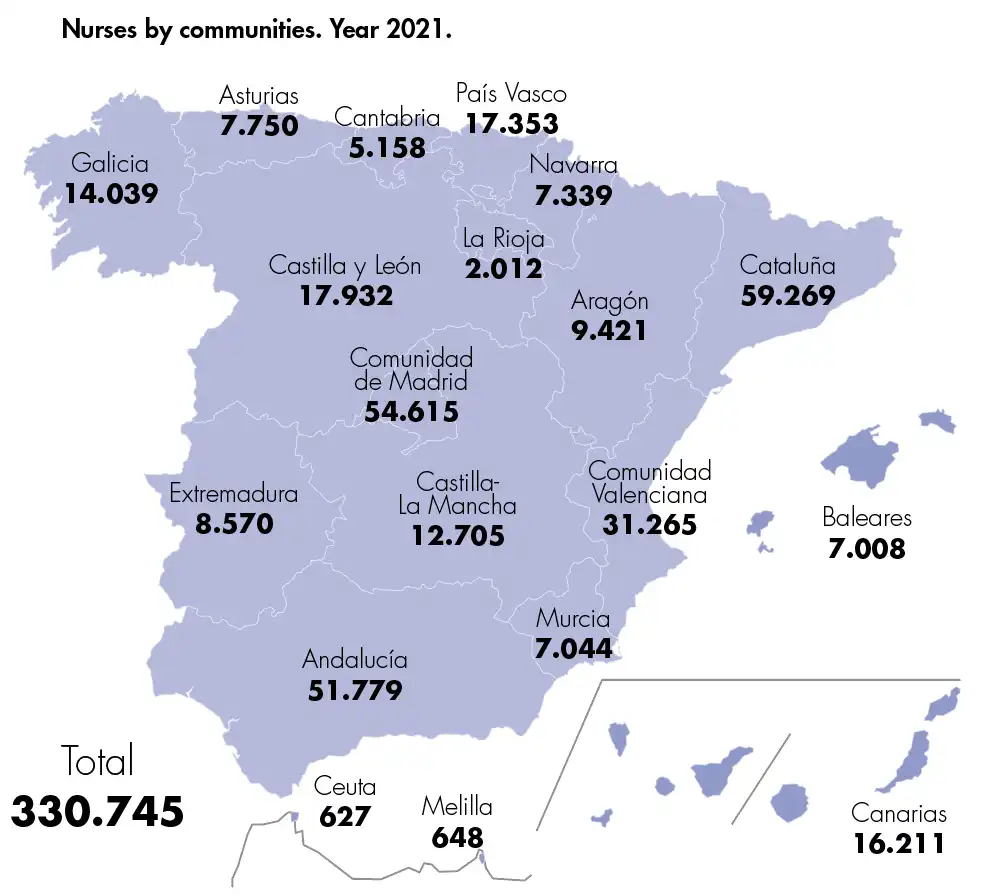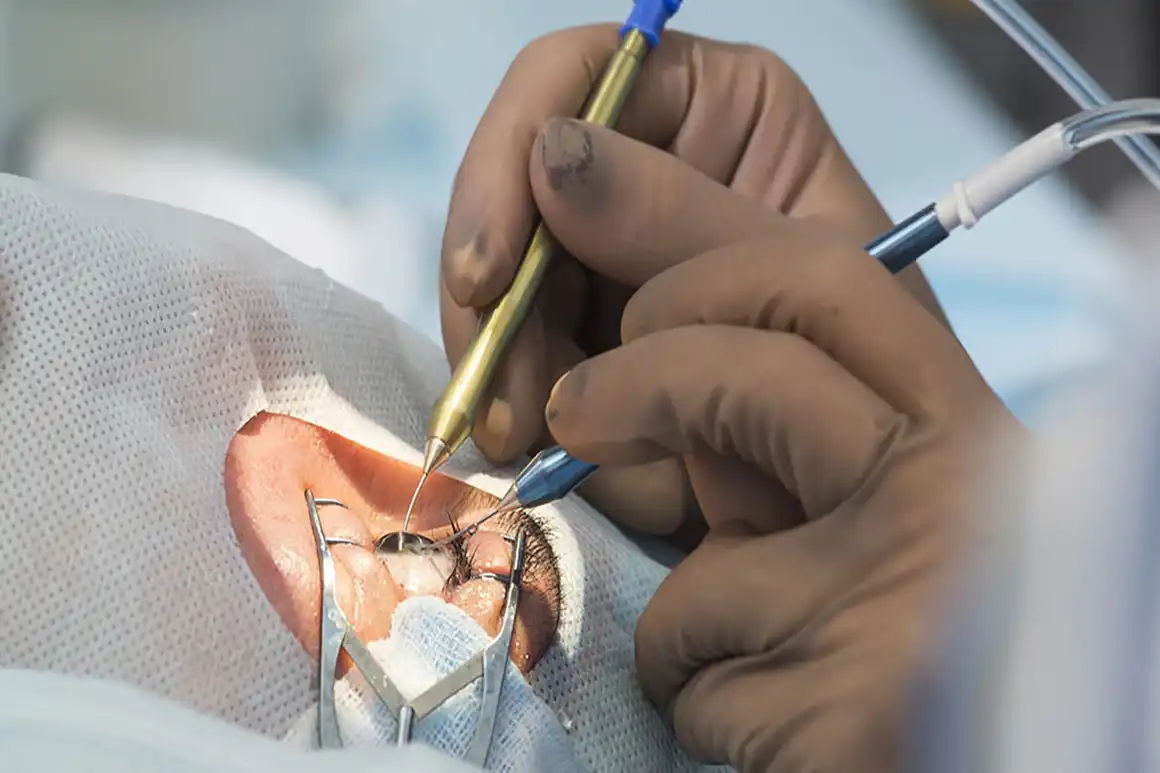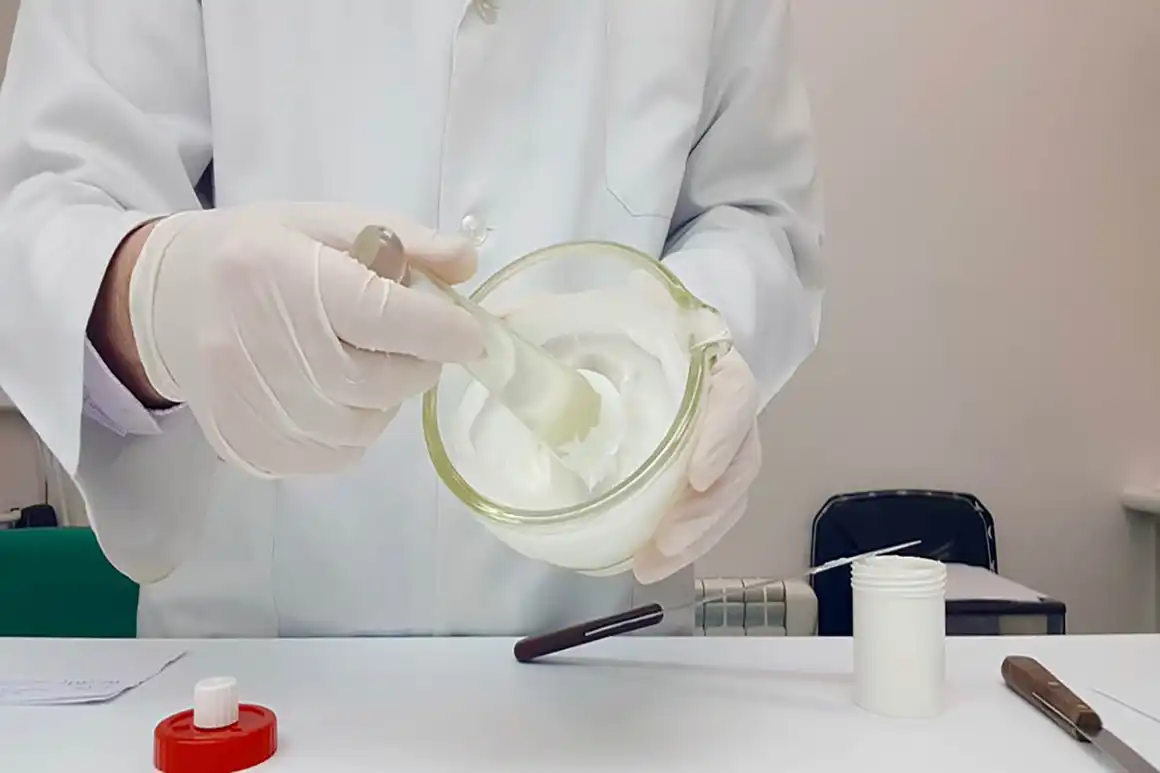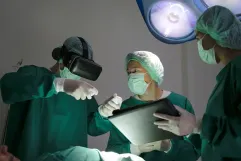
A generation shift
According to the 'Health and Care Workforce in Europe Report: Time to Act', it is essential for European countries to invest more in the health care sector, taking advantage of the students rise in this discipline as well.
This data shows other evidence: in a few years’ time the medical profession will face a generational shift, as the jobs of the retiring professionals will have to be covered. However, this does not mean that the new doctors will all be young. In recent years, we have seen a growing trend of mobility of health care professionals between countries.
In 2021, over 4,000 Spanish graduates applied for the certificate to be able to work abroad, at the same time as 4,293 non-EU doctors arrived in Spain. Depending on the evolution of the sector’s funding and the legislation regarding the homologation of qualifications, we could see an increase of professionals from other countries, while Spain’s own talent drain continues to travel to other climes.


Finally, if we look at the rate of registered professionals in relation to the number of inhabitants, we can see that the rate of registered doctors was 5.99 per 1,000 inhabitants and 6.98 nurses per 1,000 inhabitants. The highest rates of registered doctors appeared in Aragon (7.25 per 1,000 inhabitants), the Community of Madrid (7.13) and the Principality of Asturias (7.00); while the highest rates of registered nurses per 1,000 inhabitants were recorded in Navarra (11.15), Cantabria (8.82) and Extremadura (8.13).
Although the ratio of doctors per inhabitant puts Spain in a good position (amongst the top 15 in the world according to the World Bank), this does not mean that these doctors are working in optimum conditions. All the countries in the European Region of the WHO are currently facing serious challenges related to health and care personnel.
According to the Health and Care Workforce in Europe Report: Time to Act, it is essential for European countries to invest more and better in the health care sector, as the cutbacks in recent years have caused difficulties when attracting and retaining talent, increasing the international mobility of professionals and it has contributed to generating imbalances in the teams and inefficient organisation systems, which are translated into bad planning strategies.
5 milestones in the health care profession throughout history

The first operation using an anaesthetic
1 of 5
The ancient Chinese texts ‘Records of the Three Kingdoms’ and ‘Book of the Later Han’ record the feat by the doctor Hua Tuo, who it seems carried out several surgical operations without causing any pain to his patients. To do this he used an anaesthetic called mafeisan, made from herbs, probably with cannabis amongst them, and wine. His renown spread like wildfire in the China of the Han dynasty (2nd century) and his great influence overshadowed the following generations of doctors.

John II of Aragon's cataract operation
2 of 5
Although Egyptians, Babylonians and Indians had already carried out eye operations, the first famous, documented case of a cataract operation in Europe can be found in the 15th century. Specifically In 1468, when King John II of Aragon, also known as John the Faithless, decided to undergo an operation to recover his sight. For many years, he had suffered from virtually complete blindness and he visited the Jewish doctor based in Lleida, Cresques Aviatar (or Abiatar, according to other sources). The doctor used a needle to move the lenses of the king’s eyes… without using any anaesthetic. John II recovered the sight in both eyes.

Miraculous ointments
3 of 5
The historian Sharon T. Strocchia writes in Forgotten Healers (Yale University Press) that in Renaissance Florence, apothecary nuns were an essential element of the health care culture. The preparation of remedies required knowledge of the theoretic treaties and carrying out practical adaptations according to the nature of the patients. A skill and knowledge that had to live alongside an unwavering endurance, as often they had to bear the foul odours that their preparations emitted. Their work was essential for relieving pain for the incurable diseases that proliferated in plague-ridden times.

The birth of modern nursing
4 of 5
After serving in the Crimean war as a nurse, Florence Nightingale led a campaign to improve the quality of this discipline in military hospitals. Her determination led to the creation of a military medical university In 1857. Four years later, she managed to raise the money to found the first nursing educational institution: the Nightingale school and house for nurses at St Thomas’ Hospital in London.

A revolutionary fungus
5 of 5
The world we know today would not be the same without antibiotics. The history of these drugs that are used to treat infections dates back to 1928, when Alexander Fleming discovered penicillin. The Scottish doctor and scientist observed how a sample of the fungus Penicillium completely stopped the growth of a bacteria. 10 years later, Howard Florey and Ernst Chain continued with the research and the use of penicillin against infections became extended from the 2nd World War onwards. In 1945 Fleming, Florey and Chain were acknowledged with the Nobel Prize for Physiology and Medicine for the discovery of penicillin.



